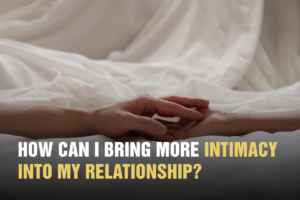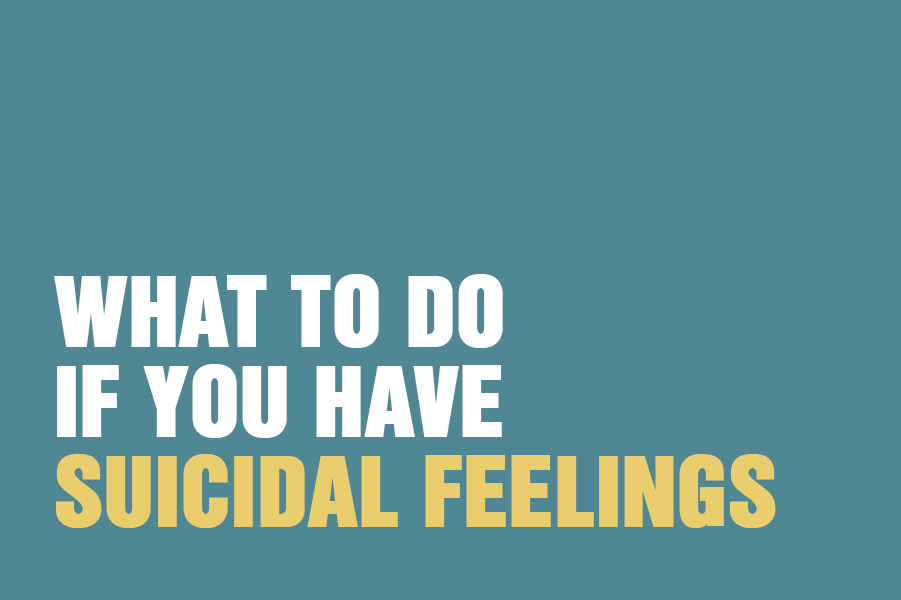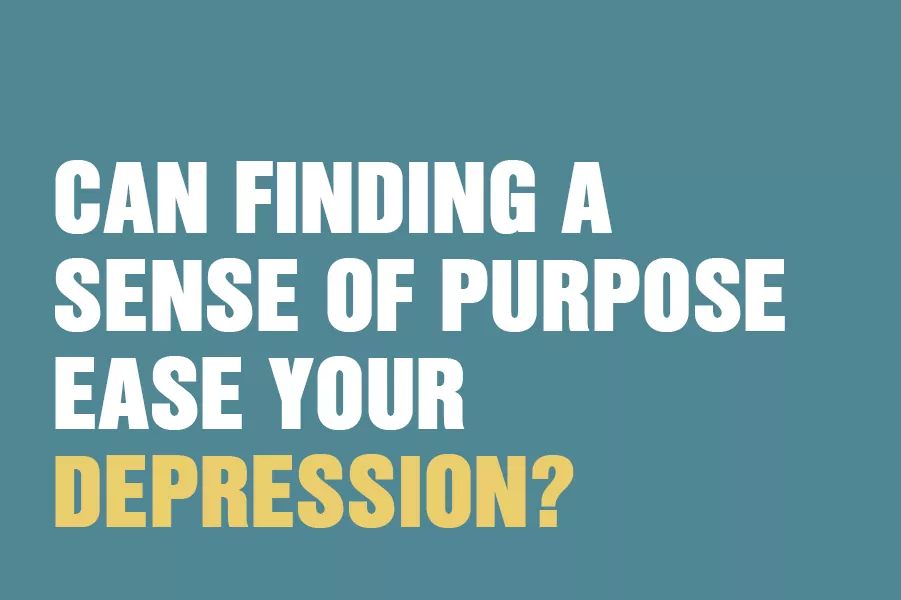Depression is one of the most common mental health disorders in the UK. In England alone, three out of every 100 people are diagnosed with depression every week, with numbers increasing year on year (Mind). Depression is a mood disorder that causes a consistent low mood. It can vary in severity from mild (persistent low spirits) to severe (suicidal).
There are several causes that align with different types of depression, including thinking and the way you think. In this article, we’re going to look more into whether thinking causes depression or makes it worse, and how you can change your thought patterns to better align your mental health and develop better coping strategies.
Types of depression
Firstly, it’s important to note that there are multiple types of depression that have different causes. Some of the most common types of depression include:
- Postnatal depression (PND): This type refers to depression that occurs within the first year of giving birth
- Prenatal/antenatal depression: This refers to depression that presents itself during pregnancy
- Seasonal affective disorder (SAD): This is when you feel depressed at a certain time of the year or during a specific season, such as winter
- Dysthymia/chronic depression: This is mild depression that lasts for two or more years
In any case, depression is not simply feeling low or down for a few days. It’s normal to have periods where you don’t feel in a high mood or where you feel sad; depression is when you feel like this for weeks or months and the feelings and negative mindset don’t fade. The difference between sadness and depression is like the difference between hunger and starvation.
Like lots of other common mental disorders, there are also a number of physical health symptoms of depression, including sleep issues, appetite changes, nausea, high blood pressure, chest pain, and fatigue.
If you find that you’ve been feeling hopeless, withdrawn and unhappy for a while, or if you have physical symptoms of depression, speak to a GP or a private mental health specialist.
Causes of clinical depression
There are lots of different causes of clinical depression, some of which don’t fit into the types listed above. A combination of lots of different things can cause depression, such as losing your job, a breakup, money problems or bereavement. Difficult socio economic circumstances can increase your chances of developing depression, as can your family history and personality (e.g., low self-esteem). Depression can also be the result of a chemical imbalance in the brain.
Most people experience depression after a big life change or stressful events, such as losing a loved one or being diagnosed with a long-term health problem or illness, but sometimes, there is no identifiable cause.
Thinking and depression
Thoughts influence feelings and therefore your mood. With depression being a mood disorder, if you frequently have negative or unpleasant thoughts about yourself or your life, there’s a higher chance that you might develop depressive symptoms and become depressed. For example, pessimistic people who see the glass as half-empty (those who are more cynical), are more likely to be depressed compared to optimistic people who see the glass as half-full.
Thinking alone is not enough to cause depression, but if you have negative thought patterns and often think things like ‘why is this happening to me?’, ‘why can’t I get anything right?’ or ‘I’m a failure’, you may develop depression or find it harder to overcome your depression.
For example, if you are highly self-critical and constantly evaluate your actions and performance, you may develop a low opinion of yourself. Low self-esteem and low self-confidence can make you more susceptible to depression, likely because you scarcely feel happy with yourself, who you are, and may feel hopeless and useless as a result of the intrusive thoughts. These are common feelings associated with depression and other anxiety disorders.
Our explanatory style is the way that we think about ourselves and our lives. Dr Seligman (1998) proposed that our explanatory style can be broken down into three categories; personalisation (do we believe that a bad thing happening to completely our fault, or can we see that external factors also played a role?), pervasiveness (do we believe that a bad thing happening will ruin our entire lives, or are we able to compartmentalise it to one particular area and still recognise the good in other areas?), and permanence (do we believe that a bad thing will last forever or do we believe we can overcome it?).
Depressive rumination
Depressive rumination is the name given to repeatedly dwelling on or thinking about yourself, your bad mood, and things that have gone wrong. It’s essentially when you’re stuck on your negative feelings, a particular thought, and or mistakes you may have made. According to a study conducted by Professor Susan Nolen-Hoeksema at Yale university, rumination is a symptom of depression, and can even perpetuate it.
In short, it’s thought that rumination can exacerbate an existing depressive diagnosis, but there’s no evidence to suggest that it actually causes depression.
Overthinking, negative thoughts and depression
Overthinking is a symptom of many different mental health issues – primarily generalised anxiety disorder (GAD). Many people who are depressed also experience symptoms of anxiety, and vice versa. This means lots of people with depression may overthink situations.
Overthinking is when you think about something excessively, making it difficult to switch off or relax, leading to trouble sleeping and other symptoms mentioned previously. This can feed into rumination and contribute to the decline of your mental health.
How to stop overthinking / ruminating
Depression is never easy to deal with and it can feel like things won’t get better, but they will. There are lots of different treatment options out there that can help with depression and ease the symptoms and such thoughts.
Cognitive behavioural therapy (CBT)
One of the main ways depression can be treated is with cognitive behavioural therapy. This is particularly useful if you overthink or ruminate because it looks at how you think and helps you to change your thought patterns and the way you view things, including past events. This is usually suitable for mild and moderate depression and those who struggle with repetitive thoughts. CBT can aid problem solving and turn an otherwise negative outcome into a positive one as a result of a change in mindset.
Medication
If your depression doesn’t appear to be improving, or you have moderate to severe depression, you might be prescribed antidepressants in combination with talking therapies.
Lifestyle changes
Depression can also be effectively managed by things like cutting down on smoking, alcohol or drug use, eating healthy, and getting plenty of exercise. In people with severe depression, sometimes even getting out of bed is the biggest challenge, in which case seeking support from a mental health professional can help.
Get help for depression and other mental health issues at The Awareness Centre
Depression in all its forms can be debilitating and take a huge toll on your quality of life and everyday routines. If you’re suffering from depression and find yourself unable to live your life how you want to or how you used to, we are here to help. We have helped thousands of people with depression and anxiety and can offer a range of talking therapies designed to assist you in overcoming the difficulties you’re facing.
We have a number of clinics in London for face to face appointments, or you can talk to one of our therapists or counsellors about mental illness remotely via the phone or video chat. Get in touch with us today to find out how we can help.







